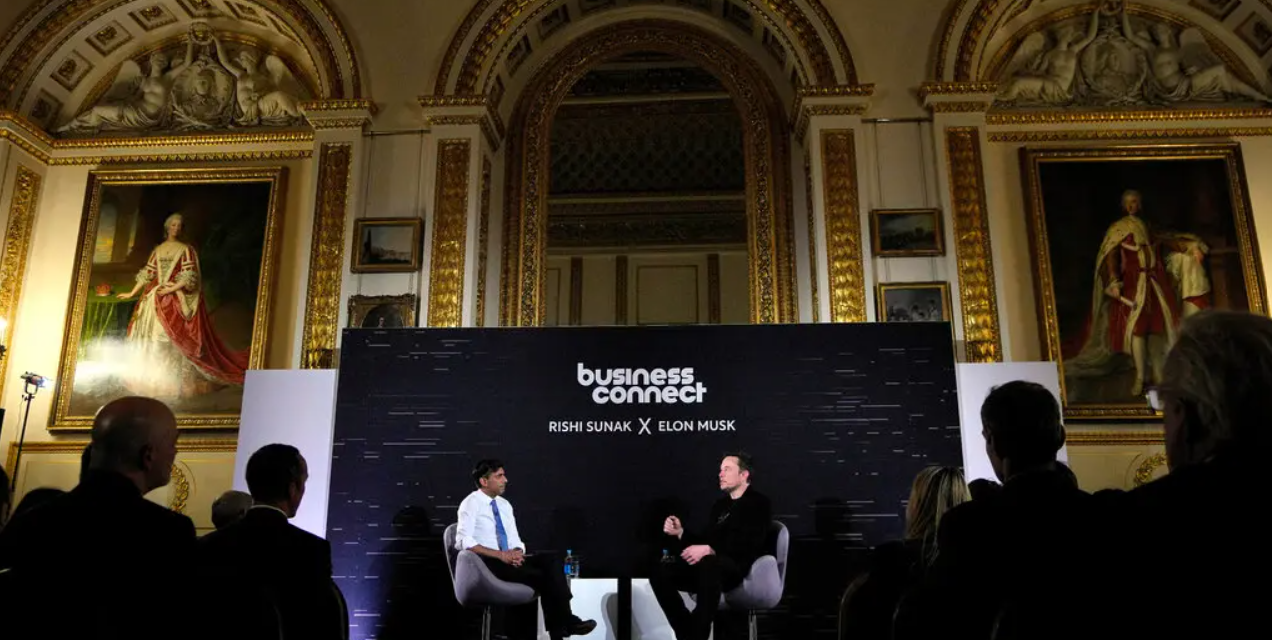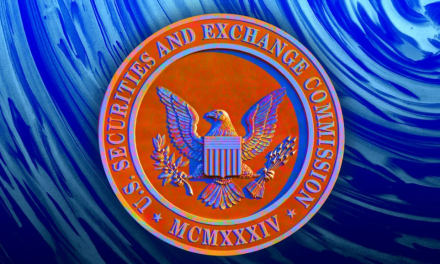Photo Credits: Prime Minister Rishi Sunak of Britain and Elon Musk in London on Thursday.Credit…Pool photo by Kirsty Wigglesworth
In a seminal moment for the intersection of technology and governance, British Prime Minister Rishi Sunak recently presided over an inaugural AI summit safety, a first-of-its-kind gathering that brought together an international cadre of leaders, tech giants, and scholars. While the summit marked a unified stride towards acknowledging the need for regulation of rapidly advancing AI technologies, it stopped short of outlining a global framework, underscoring the complexity of reaching a worldwide accord.
The Bletchley Summit: A Step Toward AI Governance
At the historic Bletchley Park, once the cradle of wartime codebreaking, the conversations over two days hinted at a new kind of global diplomacy—one centered around the digital realm. High-profile attendees such as Elon Musk and Sam Altman of OpenAI shared perspectives with political figures including U.S. Vice President Kamala Harris and European Commission President Ursula von der Leyen. The dialogue culminated in the “Bletchley Declaration,” signed by leaders from 28 nations, including China, recognizing the risks posed by AI.
The United Kingdom and the United States separately announced initiatives to establish their own AI safety institutes, indicating a strong national interest in steering the conversation on AI governance. Further, plans for additional summits in South Korea and France were set for the coming year, suggesting a burgeoning international commitment to addressing the challenges posed by AI technologies.
A Balancing Act: Innovation and Regulation
Despite the momentum, the summit also laid bare the divergent views on how to regulate AI. The technological leap represented by tools like OpenAI’s ChatGPT has amplified calls for careful stewardship of AI development. Some experts urge a slowdown, fearing the potential for AI systems to achieve autonomy with unpredictable consequences.
European voices at the summit, such as French Minister of the Economy and Finance Bruno Le Maire, stressed the danger of AI and data being monopolized by the United States, highlighting the need for broader distribution of technological power. The UK’s proposed light-touch regulatory approach further contrasts with the more stringent measures under consideration in the European Union’s AI Act, revealing differing regional philosophies on how to balance innovation with oversight.
The summit also saw a subtle jockeying for influence among the major power blocs. The United States’ announcement of its AI safety institute, mirrored by Britain’s similar initiative, along with Vice President Harris’s speech, signaled a competitive undertone to the cooperative façade.
China’s agreement to the Bletchley Declaration was noted as a significant outcome, even as the Chinese Vice Minister of Science and Technology, Wu Zhaohui, emphasized equal rights to AI development for all countries, hinting at underlying tensions with Western counterparts.
Behind closed doors, the potential dangers of open-source AI were a recurring topic, with some pointing to the risk of such technology being exploited by malevolent actors. Tesla CEO Elon Musk raised the specter of AI reaching or surpassing human intelligence, encapsulating the existential uncertainty that loomed over the summit.
AI luminary Yoshua Bengio, tasked with leading a comprehensive report as part of the Bletchley Declaration, underscored the urgency of the matter, asserting that the unrestricted release of potent AI systems could be perilous if not adequately safeguarded.
The AI summit in Bletchley Park marked the beginning of a complex, yet crucial, global conversation. As the technology hurtles forward, the quest for a cohesive international governance framework remains a distant, albeit vital, goal.





